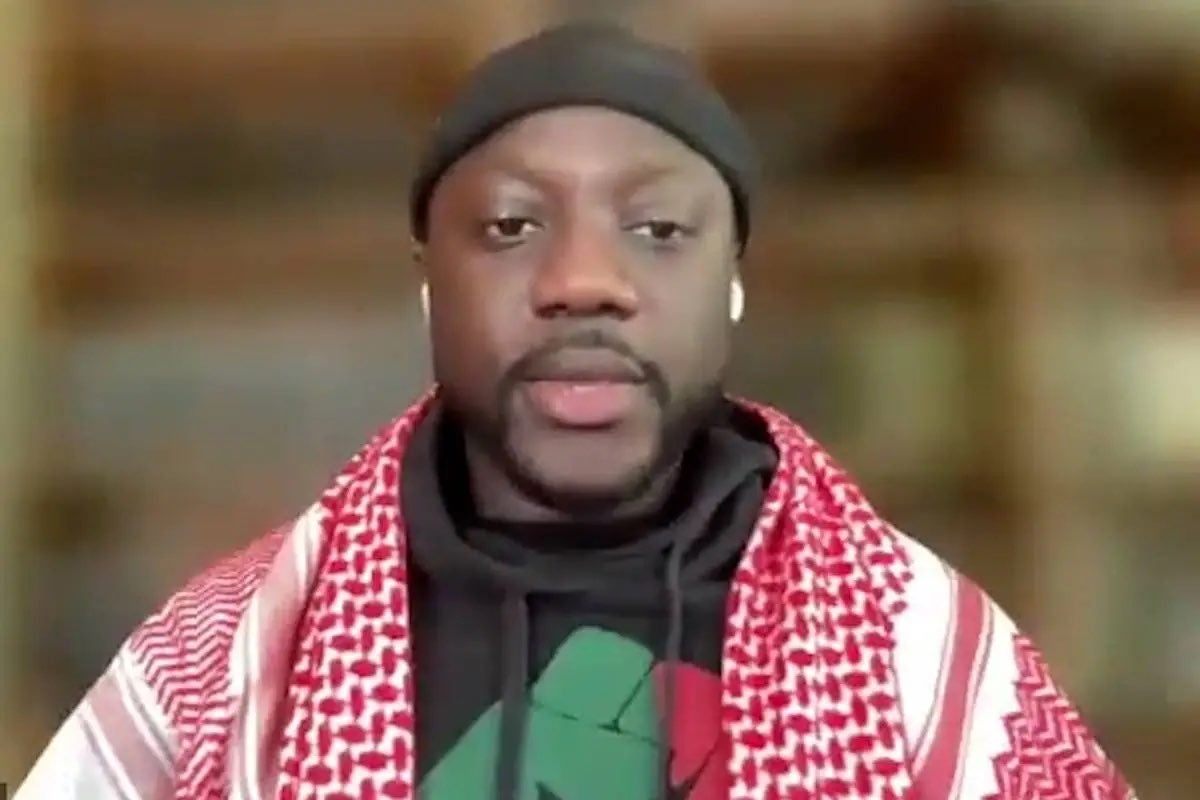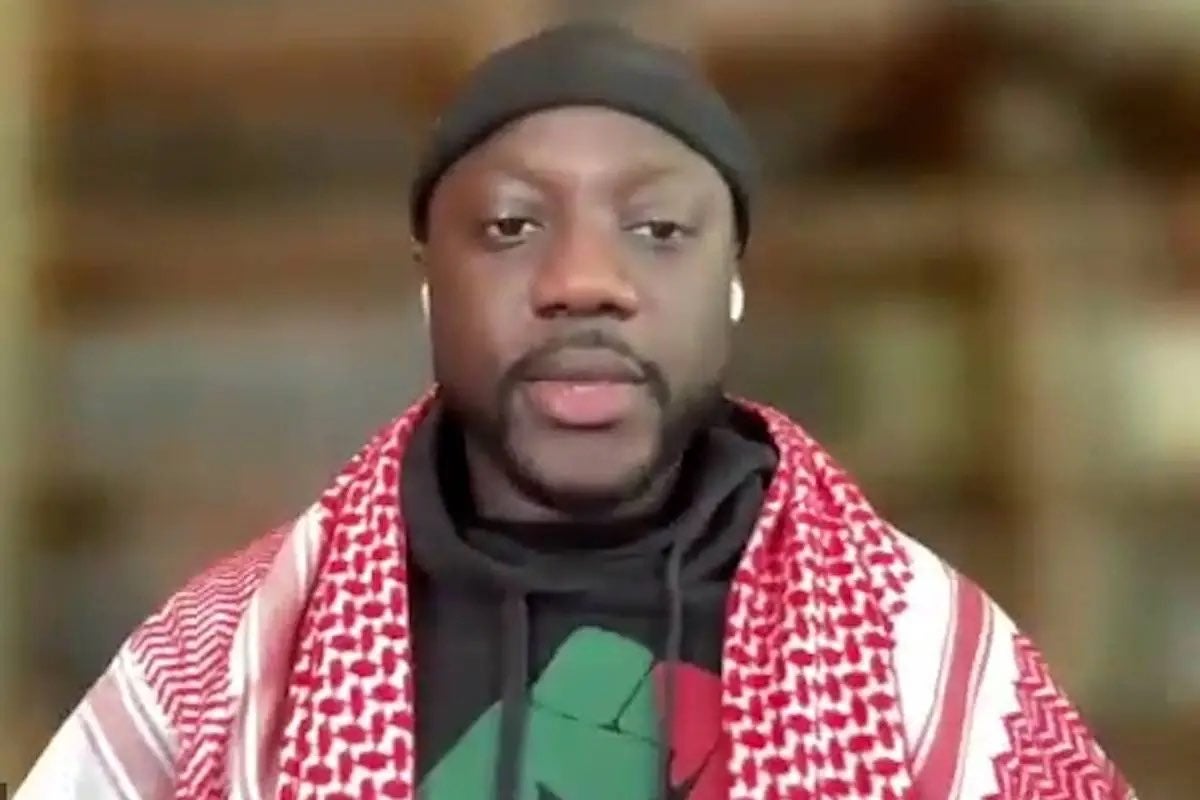A Cornell PhD student who was threatened with an immigration arrest during the middle of a constitutional lawsuit against the Trump administration announced on Monday he was fleeing the country.
“Given what we have seen across the United States, I have lost faith that a favourable ruling from the courts would guarantee my personal safety and ability to express my beliefs,” Momodou Taal wrote on X. “I have lost faith I could walk the streets without being abducted.”
“I feel like a stranger in my country,” his attorney Eric Lee added in a separate statement on X. “What is America if people like Momodou are not welcome here?”
Taal, a citizen of the UK and The Gambia, is one of three academics who sued the Trump administration earlier this month, alleging a pair of January executive orders have the effect of unconstitutionally threatening to deport non-citizens who protest the administration and its allies like Israel.
The directives at issue call for agencies to investigate and potentially remove non-citizens in the U.S. who “bear hostile attitudes toward its citizens, culture, government, institutions, or founding principles” and “advocate for, aid, or support designated foreign terrorists and other threats to our national security.”
Taal argued the orders violated the First Amendment and Fifth Amendments based on “vague, subjective, and overbroad standards that grant unfettered discretion to government officials.”

In the midst of a lawsuit, federal officials informed Taal he was due to surrender to immigration agents.
A federal court on Thursday denied an emergency request from the Cornell activist to temporarily pause any arrest attempts, as well as the enforcement of the executive orders, while the case plays out.
A judge argued that Taal’s visa was revoked before he filed the suit, and that the court didn’t have jurisdiction to pause the process at this point, noting he could challenge his final removal order in an immigration or appeals court.
Lee, the attorney, previously told The Independent the case was an alarming erosion of law and order.
“Their response to the filing of the suit was to go to his house and threaten to arrest him,” Lee said.
The government has maintained that that the State Department revoked Taal’s visa the day before he filed the suit, citing his participation in campus pro-Palestine protests.
Advocates across the country have been alarmed by what they see as a Trump administration that has defied court orders, given families and lawyers little notice, and flouted normal notions of due process as it pursues a sweeping campaign of deportations.
Rumeysa Ozturk, a Turkish doctoral student at Tufts University who was arrested last week by masked immigration agents on Tuesday, was moved to a detention center in Louisiana, the same day a federal judge ordered she not be moved for 48 hours amid an ongoing legal challenge. Her lawyers say they were unable to locate her for nearly 24 hours.
Based on existing public evidence, Ozturk’s main involvement in protest activity was co-writing an op-ed critical of the Israeli war effort.
Elsewhere, the Trump administration has invoked a rarely used wartime law, the Alien Enemies Act, to fast-track the deportation of alleged Venezuelan gang members to a notorious prison in El Salvador once dubbed a “tropical gulag.”
Multiple individuals sent to the prison appear to have been deported over having tattoos with relatively common motifs, including the Air Jordan logo, a crown, a star, and a rainbow autism awareness symbol.
The administration has acknowledged that “many” of the more than 200 Venezuelans sent to El Salvador did not have a prior criminal record.
Secretary of State Marco Rubio said last week the individuals were not necessarily members of that gang Tren de Aragua, either. He called the group a “combination of people” whose presence is “not productive to the United States” and who were “removable” by law.
Further adding to the controversy over the deportations, the Trump administration carried out the flights on March 15 despite a court order telling the administration to turn the planes around, amid an ongoing lawsuit over the White House’s use of the wartime deportation law.

